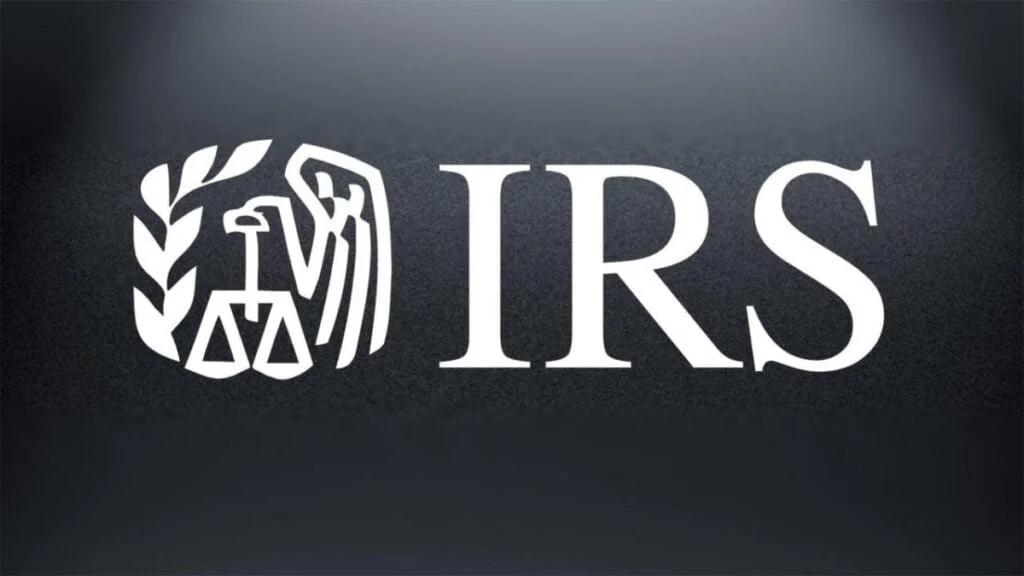The IRS stated that everyone who received, earned, transferred, or sold bitcoins is now subject to tax and reporting requirements.

According to a Forbes story, the International Revenue Service (IRS) has modified its taxing and reporting guidelines and expanded its coverage to include anyone who “has transacted” with digital assets.
According to the Forbes report, the new rules apply to all investors who received, earned, transferred, or sold digital assets in 2022 with the intention of making a profit. The term “virtual currencies” was also changed to “digital assets.” The document states:
“At any time during 2022, did you: (a) receive (as a reward, award or payment for property or services); or (b) sell, exchange, gift or otherwise dispose of a digital asset (or a financial interest in a digital asset)?”
Gains from cryptocurrency sales that are held for less than a year are subject to conventional income tax, which ranges from 10% to 37%. The same tax laws do not apply to anyone who held, moved money between their own wallets, or purchased cryptocurrency using fiat money.
Depending on the income level, taxes on income from digital assets kept for more than a year range from 0% to 20%. NFTs are included among the digital assets in the most recent release.
Abhinav Soomaney, managing partner at CryptoTax International, commented on the development and said that while over-the-counter purchases are difficult to track, the Ethereum (ETH) transactions used to buy NFTs are traceable and taxable.
Soomaney stated that the business integrated an IT team to trace the transfer of tokens from one wallet to another and list them chronologically to identify manual purchases in order to address this difficulty.
